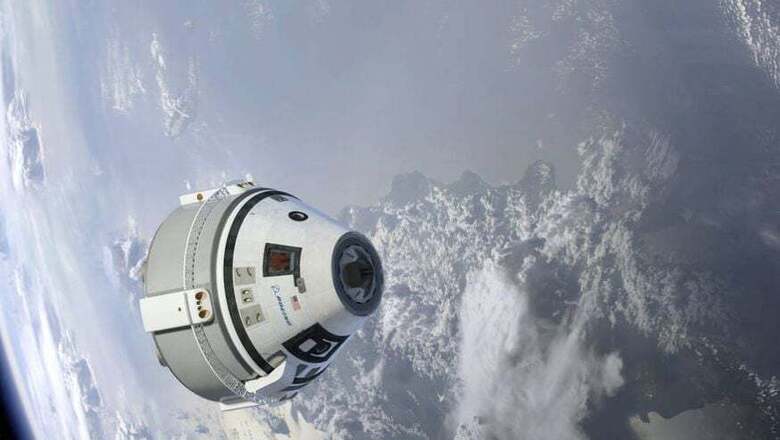
views
Boeing, best known as an aircraft company, has no intention of changing its positioning. That is what Dennis A. Muilenburg, Chairman, President and Chief Executive Officer, The Boeing Company, is at pains to explain. However, he believes that the way we define airplanes, and what they are capable of, could change significantly. At the Geekwire Summit in Seattle, Muilenburg explained his vision of aviation, that doesn’t involve looking at commercial aircrafts and space rockets in isolation. And in the pursuit of that vision, 2019 is set to be a big year for the aviation company.
According to Muilenburg, the entire ecosystem will comprise more of blurred lines between personal-sized air taxis, followed by traditional aircraft and eventually hypersonic transports. Boeing wants to be involved in the evolution, manufacturing and development of all these domains. “Within a decade, you’re going to see low-Earth-orbit space travel become much more commonplace. Not only going to the International Space Station, as we will today, but also other destinations in space. Space tourism, space factories, that whole ecosystem is evolving, and we’ll be deeply involved in the transportation system that will enable access,” said Muilenburg.
Being has laid out the key initiatives, which will probably see test flights next year.
The most ambitious of the initiatives is the space taxi, which would see Boeing develop spacecraft for missions to the International Space Station. This means the first Boeing CST-100 Starliner will see its first un-crewed flight test early next year, and the first crewed mission could happen in the second half of 2019.
Boeing is one of the thirteen companies doing studies for the National Aeronautics and Space Administration (NASA), expected to be submitted in December, and will lay out the plans for commercial low-earth-orbit operations expected to be operational by the year 2025, outposts in space and the role of the international space station. Apart from Boeing, Jeff Bezos’ Blue Origin space venture, Lockheed Martin and Virgin Orbit will be submitting their proposals to NASA.
Boeing is also working on a traffic management system for commercial airplanes in the dense urban aviation environments of the future, and is relying heavily on artificial intelligence (AI) and blockchain technology. Texas based AI company SparkCognition is readying a platform that uses cognitive computing methods and blockchain for drones and other unmanned aerial vehicles as well.
Just recently, tech giant Intel also announced that it was working on a technology as a part of the Open Drone ID project which uses wireless communication standards to let each drone know about the other’s presence while in the air.
Also Read | Intel Foresees a Future of Drone Traffic Jams, And Has Tech to Prevent Them From Colliding




















Comments
0 comment